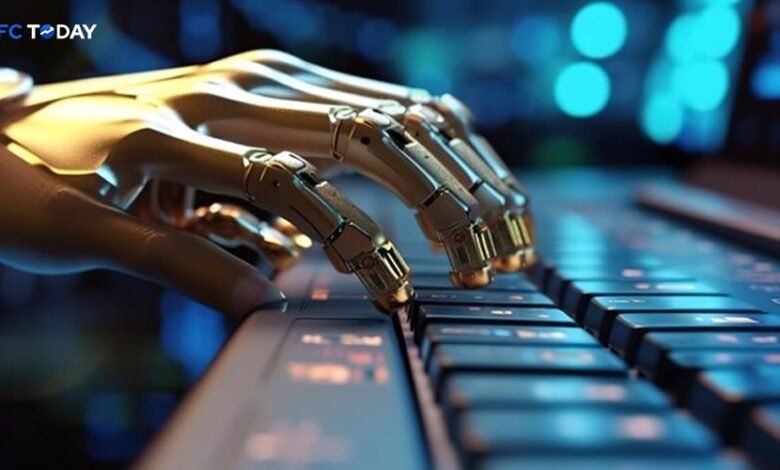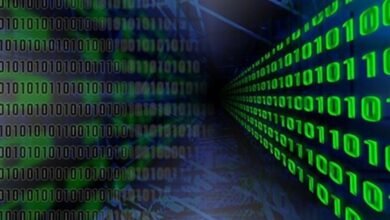Blockchain for responsible AI regulation

Blockchain Gatekeeping: Redefining AI Regulation for Accountability and Innovation
Rapid advances in artificial intelligence (AI) offer a future full of possibilities, but also raise concerns about the need for regulation. Blockchain technology, known for its security and decentralization, offers a promising solution. “Blockchain as Gatekeeper: The AI Regulation Revolution” explores the symbiotic relationship between blockchain and AI governance, with the aim of balancing innovation and responsibility. By leveraging blockchain’s immutable ledger and transparent operations, this marriage has the potential to redefine AI regulation and set new standards for responsible development.
The application of blockchain in AI regulation revolves around blockchain-specific features such as decentralization, transparency, and immutability. You can issue digital licenses for AI systems, regulate AI activities through smart contracts, ensure traceability and accountability, and adapt regulations as AI evolves. This approach improves security, transparency, efficiency, and enables flexible governance.
Integrating blockchain into AI regulation offers several benefits. Increase security by protecting AI systems and operational data from tampering and unauthorized access. Blockchain transparency promotes transparency and trust, allowing stakeholders to confirm compliance with ethical standards. Decentralized control reduces the risk of concentration of power and fosters a democratic AI environment. Automated compliance streamlines regulatory processes, making them more efficient and less error-prone. Furthermore, adaptability ensures that regulations can keep up with technological advances.
Although this integration is promising, it also presents challenges. Technical complexities, governance issues, limitations of blockchain technology, and jurisdictional challenges must be addressed. Integration with existing systems, scalability, and energy consumption are technical hurdles. Governance and standardization issues, regulatory uncertainty, and data privacy concerns require attention. Global law enforcement and jurisdiction challenges complicate international cooperation.
Real case studies demonstrate the potential of blockchain and AI integration across a variety of sectors, from finance and healthcare to supply chain management and smart cities. However, challenges such as technical hurdles and policy implications need to be addressed. The future of AI and blockchain integration will involve advanced technology, enhanced security measures, improved scalability solutions, decentralized AI models, and global standards and regulations.
International cooperation is essential to standardize regulations, avoid regulatory arbitrage, foster innovation, and address the digital divide. International organizations play an important role in setting global standards, fostering dialogue, promoting ethical guidelines, and ensuring a harmonious regulatory environment. Policy makers must balance innovation and governance and address economic, political, and implementation challenges.
Achieving a balance between innovation and control in AI regulation requires collaboration and dialogue between stakeholders. Technologists, policy makers, the public, and researchers must be actively involved in shaping regulations that foster innovation, ensure ethical compliance, and are consistent with societal values. Integrating blockchain into AI regulation is a social imperative and requires a multidisciplinary approach and collective efforts to advance technologically and ethically.
Source link




